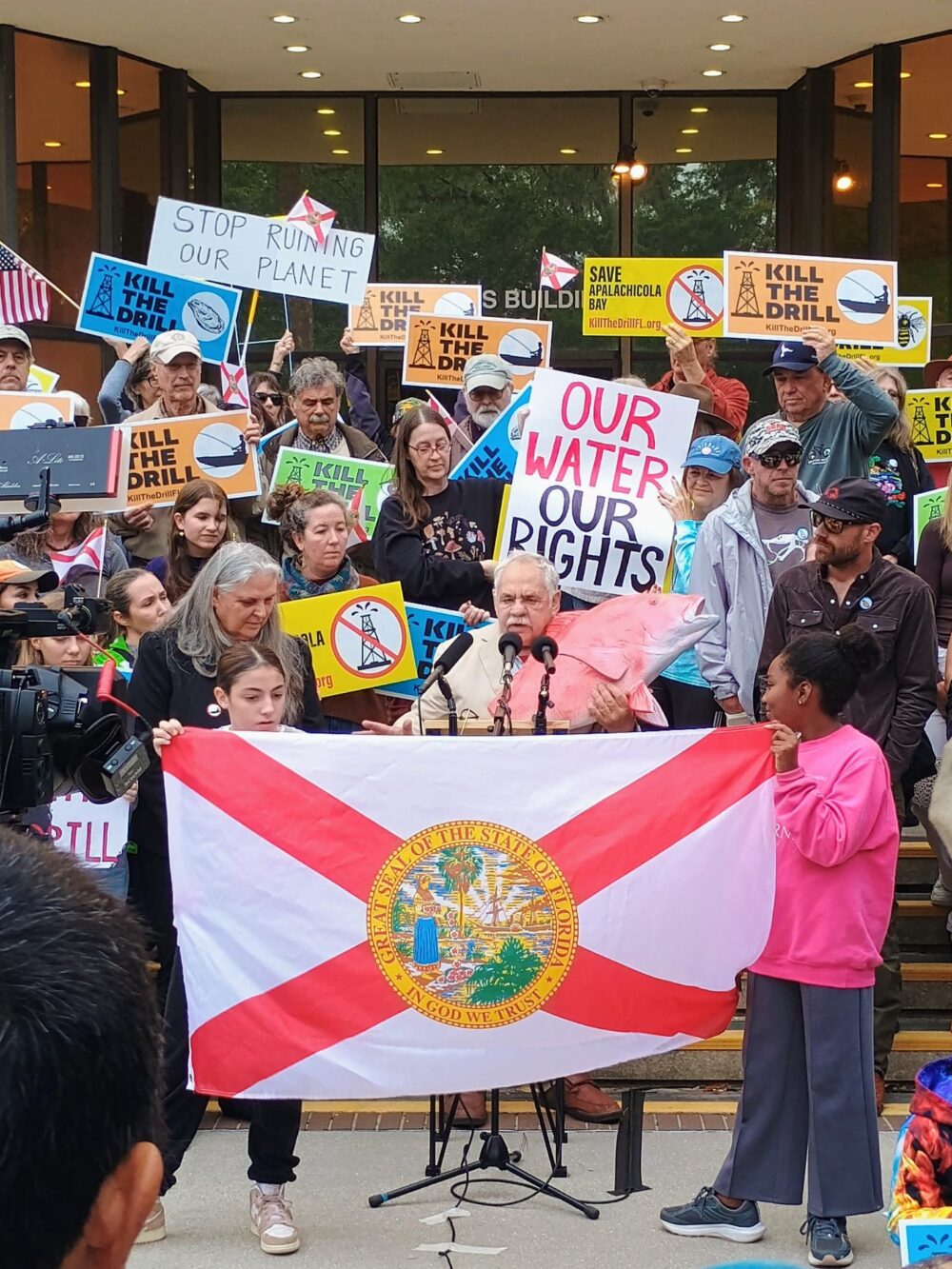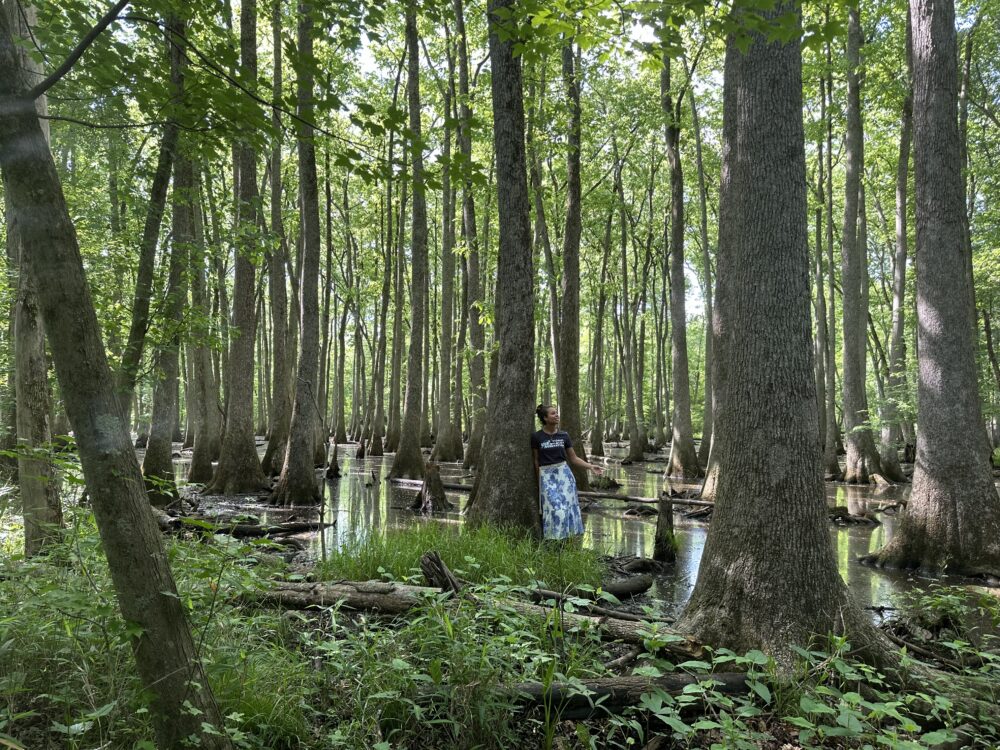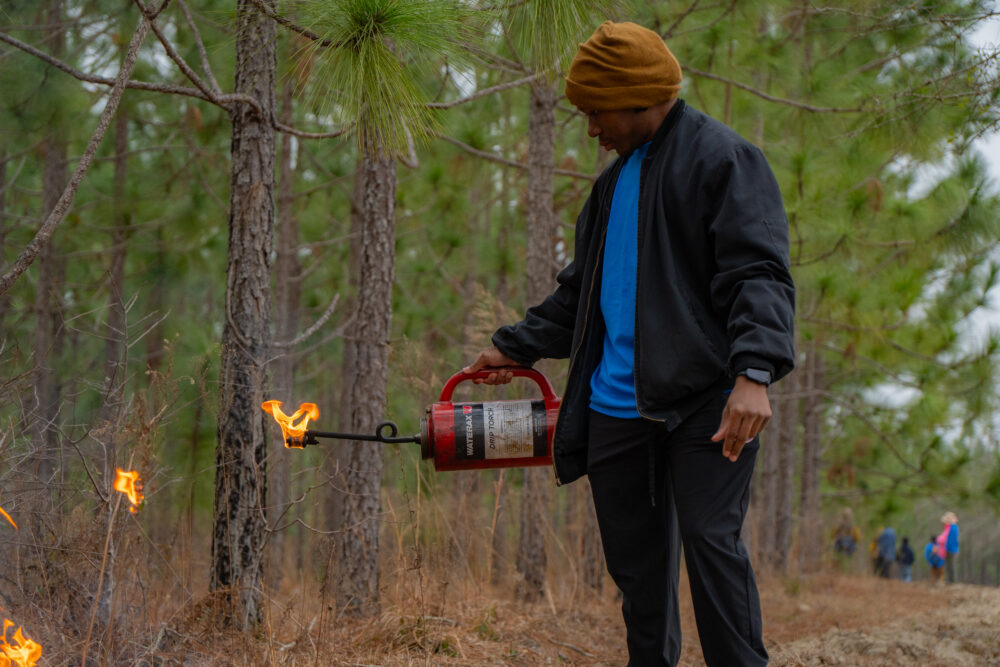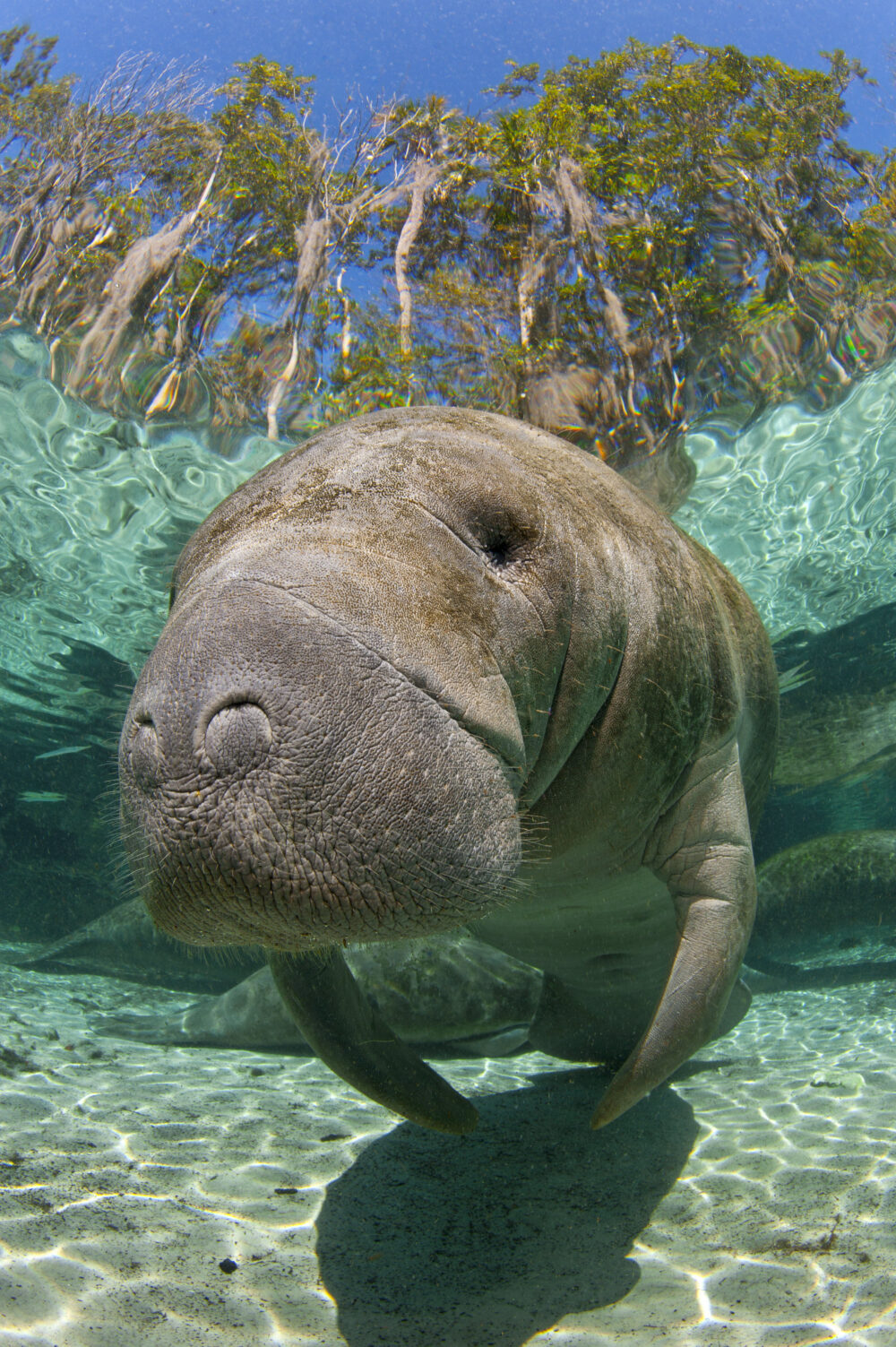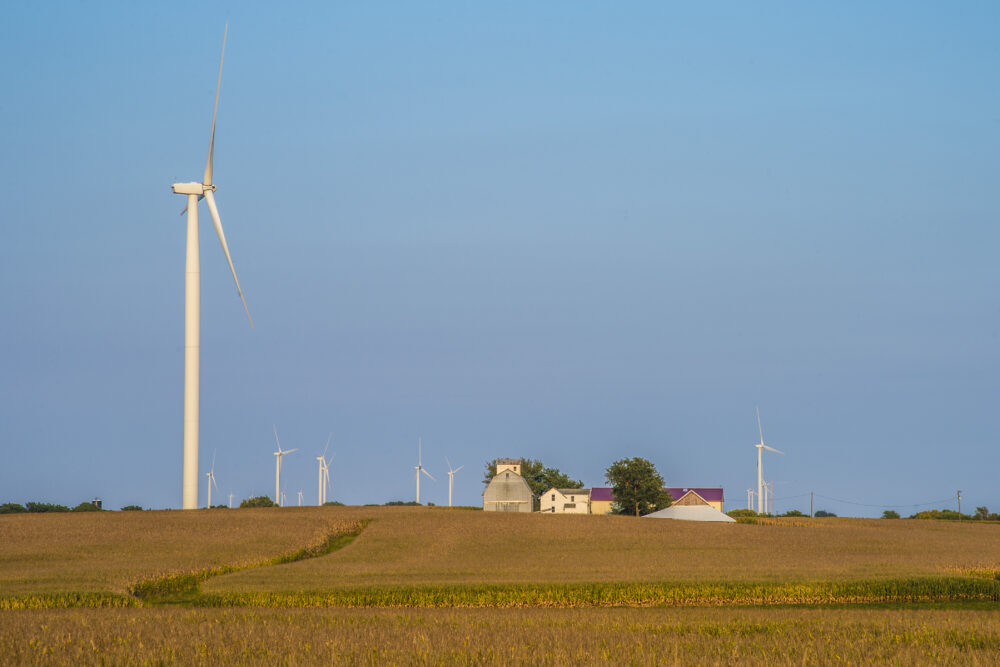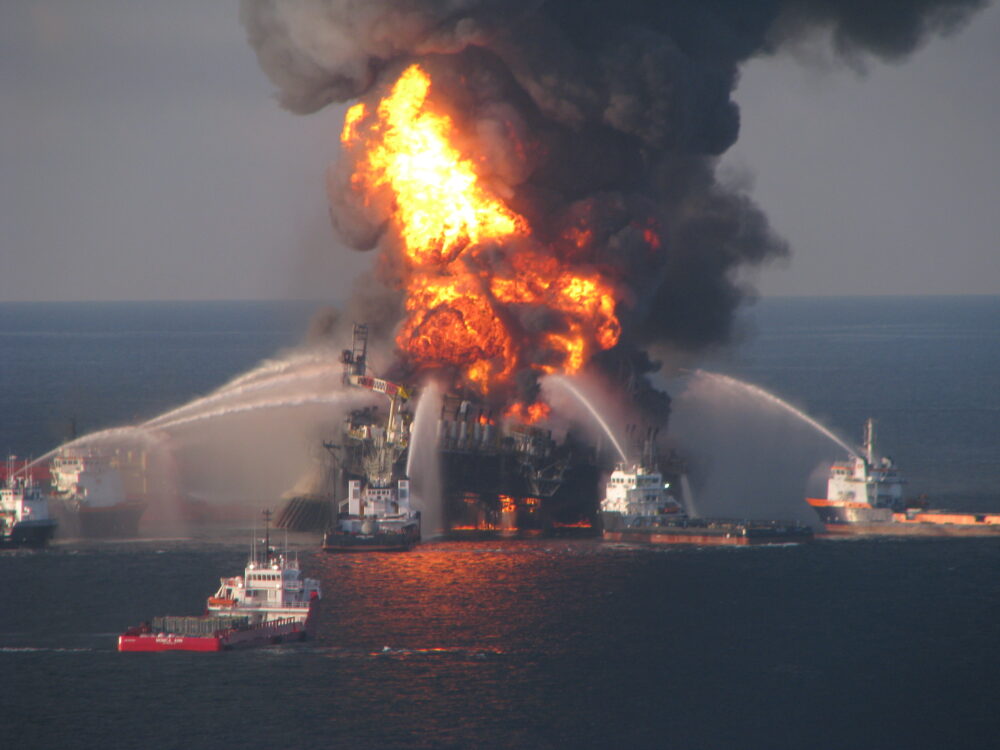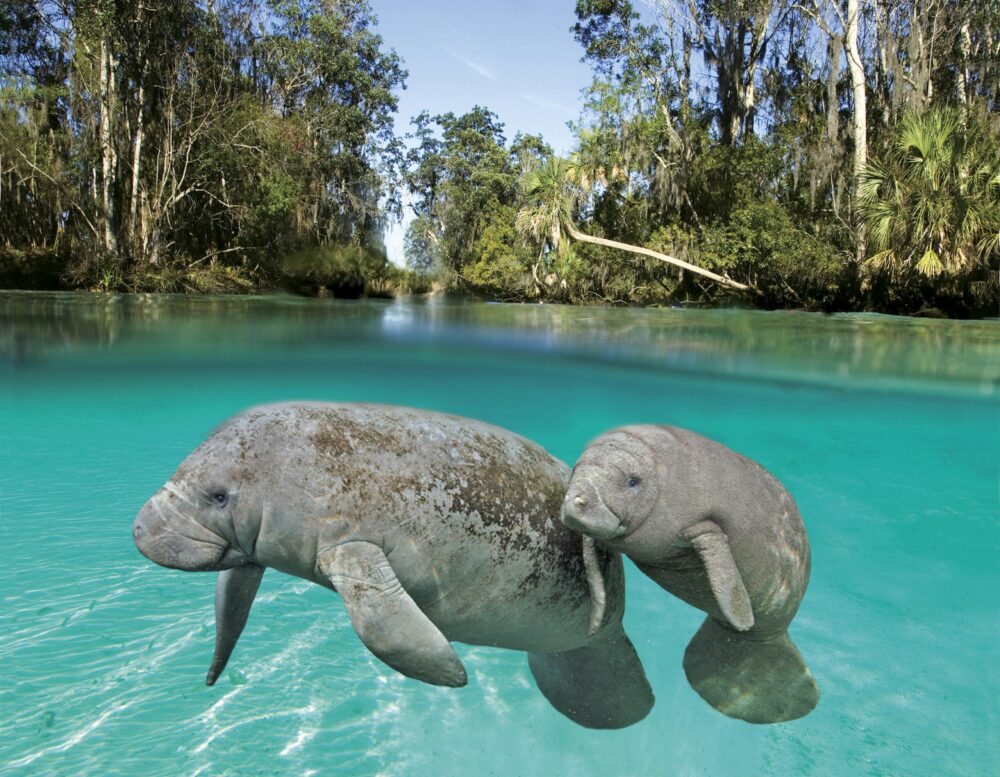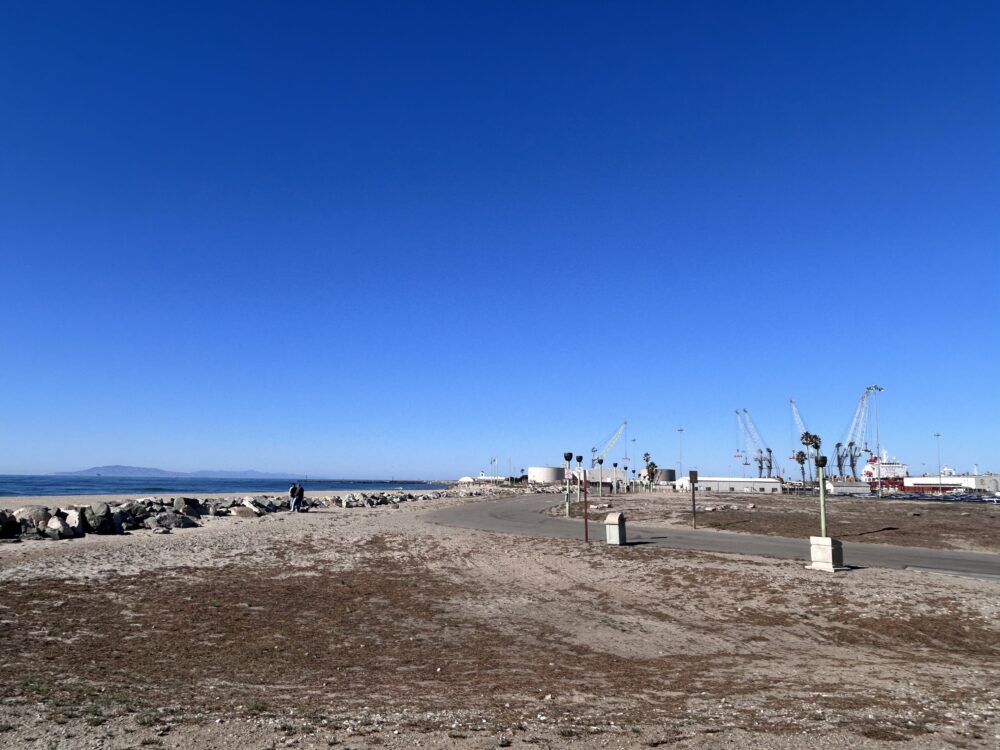We have much more to do and your continued support is needed now more than ever.
Remember the Kalamazoo, Stop Tar Sands!
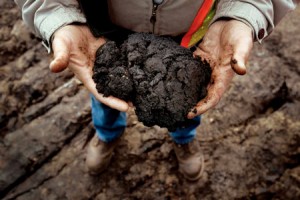
That is the legacy of tar sands oil in Michigan. And it’s a tragic one for wildlife.
On July 25, I’m joining hundreds of others in Battle Creek, Michigan to remember the fifth anniversary of the rupture of Line 6B, where pipeline giant Enbridge spilled approximate one million gallons of sticky tar sands oil into Talmadge Creek and then the Kalamazoo River. And I’ll also celebrate real progress made possible through the leadership of Michigan Governor Rick Snyder and Michigan Attorney General Bill Schuette.
This Saturday we’ll gather to remember this horrible event and recommit our efforts to make sure we never have an accident like this again.
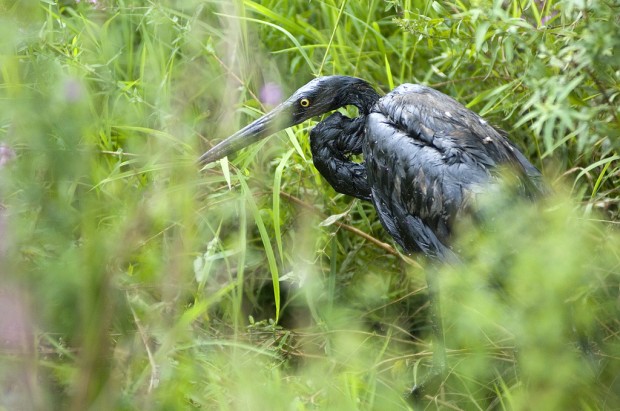
Here are reasons we must take measures to stop tar sands expansion and protect wildlife in the Great Lakes region.
- Tar Sands Oil Spills. Since Canadian producers have increased the pumping of thick, heavy tar sands, we have had at least two major tar sands spills, the biggest being the Kalamazoo River spill. But another major spill in Arkansas has forced the abandonment of an entire neighborhood while fouling nearby wetlands and habitat areas.
- Tar Sands Sinks. Unlike regular oil, heavy tar sands sinks when it spills, attaching itself to the river, stream and wetland bottoms. As such, EPA has determined that it is nearly impossible to clean up. Oil still churns up in many sections of the Kalamazoo River despite extensive – and expensive – clean-up efforts.
- Stronger Safety Regulations Needed (And Pipeline Companies Can’t be Trusted). When company actions are compared to the Keystone Kops and safety regulations are called inadequate by the National Transportation Safety Board, you know dangerous tar sands oil is not being properly regulated. Since the NTSB raised these alarming concerns, the federal agency charged with protecting us from tar sands oil spills has responded by doing nothing, even after being urged by over 60 groups, individuals and state leaders to make rules stronger. In the Kalamazoo spill, Enbridge allowed oil to be pumped for 17 hours after the rupture occurred, apparently failing to notice the breach. In the recent Santa Barbara spill, which fouled a 9 mile stretch of ocean, the company didn’t have basic shut off equipment installed. And in a massive spill just days ago in Alberta, a supposed failsafe system did not detect a tar sands spill into a sensitive bog system in Alberta, where tar sands are mined.
- Tar Sands Oil Contributes to Global Warming. When we’re seeing more climate change impacts like algal blooms and too warm streams harming wildlife, we need to be decreasing, not increasing, carbon emissions from our fuels. But tar sands oil is at least 17% more carbon intensive (and perhaps up to 37% more intensive) than regular oil. Wildlife can’t afford more warming, or more tar sands oil.
- Tar Sands Oil Destroys Habitat. To get this sticky oil out of the ground, vast, productive habitat areas in Canada in an area the size of Florida must be stripped mined or drilled. Many of the songbirds and waterfowl – like wood ducks, teal and loons – we hunt and enjoy in the Great Lakes region rely on this habitat. If tar sands oil industry expansion plans move forward unchecked, it could mean tens of millions of bird will be impacted or killed over the coming decades.
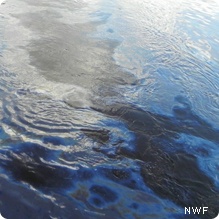
There is some good news. A taskforce in the State of Michigan led by Republican Attorney General Bill Schuette and Michigan Department of Environmental Quality Director Dan Wyant, who serves under Republican Governor Rick Snyder, moved to ban tar sands oil from moving through Line 5 under the Straits of Mackinac.
This marks continued momentum in the region against tar sands oil. Michigan’s future could be made even safer if Secretary of State John Kerry and President Obama can say no to more tar sands oil in the Great Lakes.
![]() Tell State Department: DO NOT allow expansion of the Alberta Clipper tar sands pipeline!
Tell State Department: DO NOT allow expansion of the Alberta Clipper tar sands pipeline!
Hope to meet some of you on Saturday.


